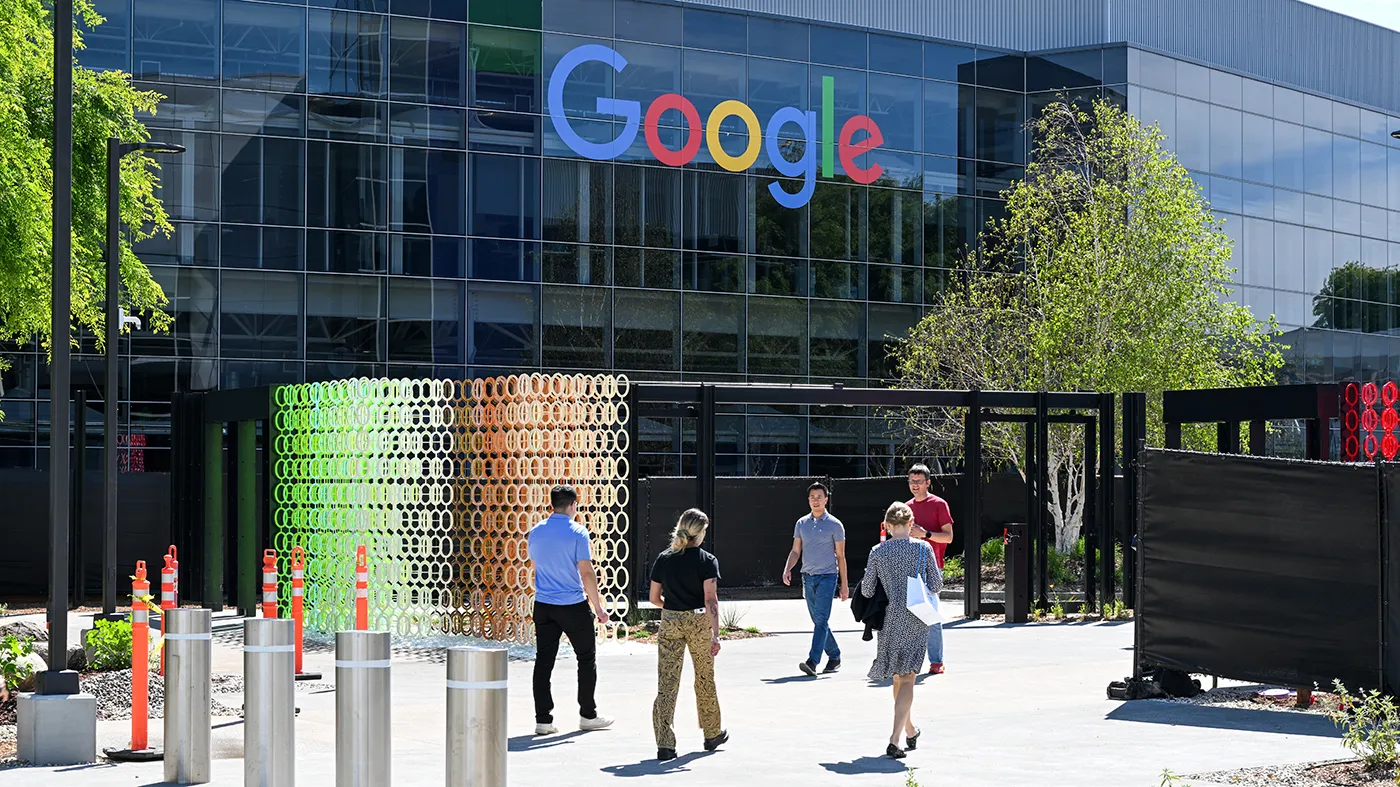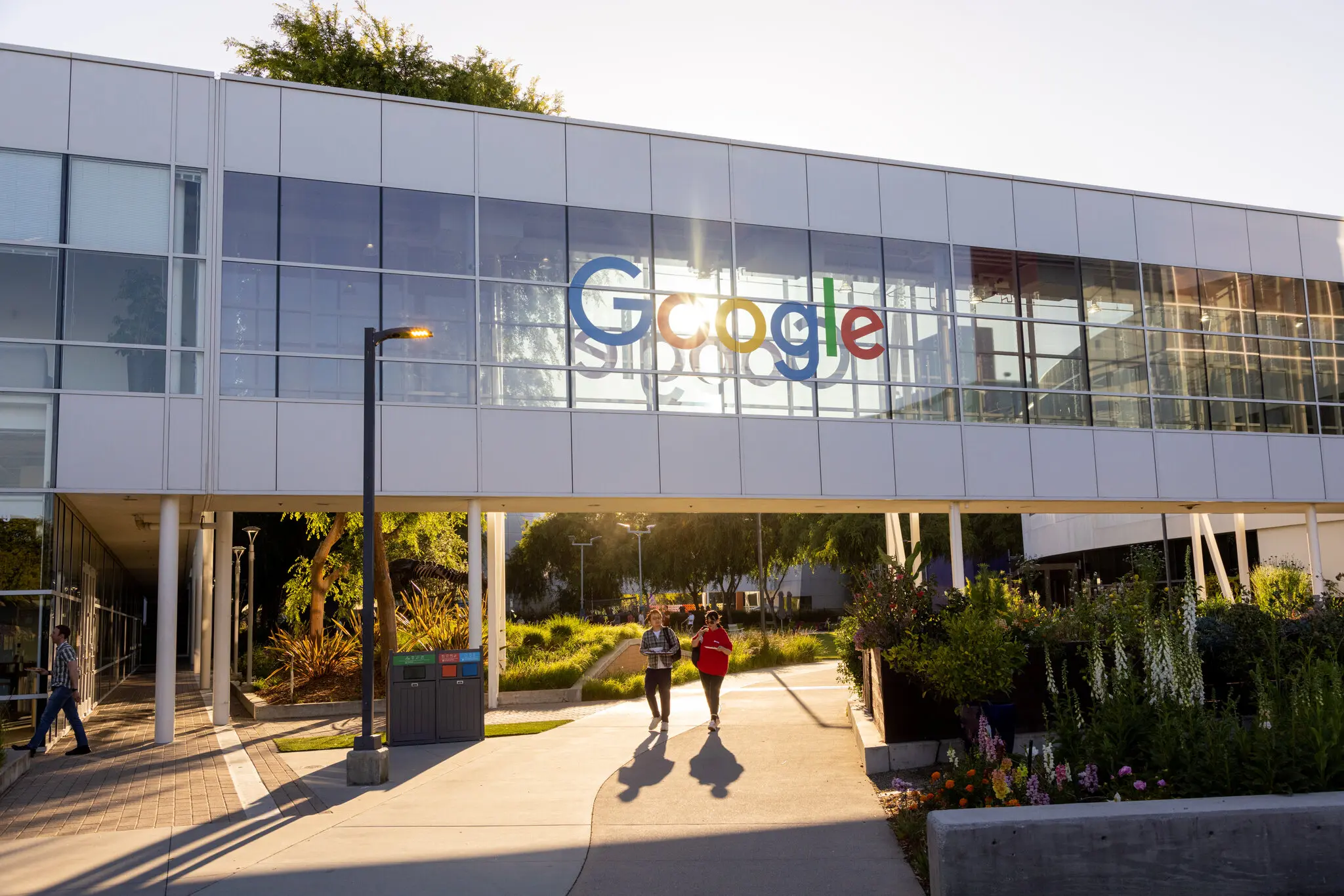Google Ruling Signals to Big Tech: Cooperate, but Keep Competing
04.09.2025
Google Antitrust Ruling Sends a Message to Big Tech
A Narrow Set of Remedies
In a closely watched case, a federal judge ordered Google to make changes to its search business after being found to hold a monopoly. The ruling requires Google to share some search data with rivals and limits certain payments the company uses to secure default placement in browsers and smartphones. However, the decision stopped short of breaking up Google or forcing sweeping changes, signaling a restrained approach by the courts.
“This is a relief for Big Tech firms,” said David Yoffie, professor at Harvard Business School, noting the lighter-than-expected measures.
Judicial Caution in Fast-Moving Markets
Judge Amit P. Mehta’s decision is the first major antitrust remedies ruling of the internet era. Delivered in U.S. District Court for the District of Columbia, it reflects a cautious judicial stance on reshaping high-tech markets. Instead of dramatic structural changes, the remedies resemble limits once imposed on Microsoft in 2001, which curbed contracts with PC makers but left the company intact.
“This was a careful ruling,” said William Kovacic, former FTC chairman, who emphasized that the judge rejected tougher penalties proposed by the government.
The A.I. Factor
Judge Mehta noted that the rapid emergence of artificial intelligence influenced his ruling. He argued courts are often asked to settle disputes based on past facts, but with A.I. transforming how people search for information, predicting the future impact is far harder. “Not exactly a judge’s forte,” he wrote.
Google welcomed the ruling’s acknowledgment of A.I. shifts but raised concerns about privacy risks linked to data-sharing requirements.

Influence Beyond Google
The ruling will likely shape other ongoing antitrust battles. Judges are soon expected to rule on cases involving Google’s dominance in advertising technology, Meta’s acquisition strategies, and lawsuits against Amazon and Apple. Experts suggest Mehta’s cautious stance could set the tone for how courts handle remedies in cases against other tech giants.
Political and Legal Dynamics
While Democrats and Republicans have both taken aim at Big Tech during recent administrations, courts remain reluctant to impose drastic remedies. The Supreme Court has generally been skeptical of aggressive antitrust actions, favoring modest interventions. Mehta’s 223-page decision appears written with appeals in mind, reflecting judicial humility: “Courts must approach remedies with a healthy dose of humility,” he wrote.
Comparisons to Microsoft Case
The parallels to the landmark Microsoft antitrust settlement are clear. That case ended with restrictions on exclusivity contracts but avoided a breakup. Similarly, Mehta ordered Google to stop paying firms like Apple and Mozilla for exclusive search placement, though he did not forbid all such payments. Critics argue this compromise leaves Google with too much influence over default search settings.
The Role of A.I. in Future Cases
Legal experts caution that leaving Google largely intact could allow it to leverage its dominance in search to gain an edge in A.I. Google has already integrated chatbot-style answers at the top of search results, raising questions about whether its monopoly power could carry over into the A.I. era.
“If you do too little now, A.I. could become the next antitrust problem,” warned Fiona Scott Morton of Yale’s School of Management.
Looking Ahead
The government first filed its case in 2020, before A.I.’s surge disrupted how people seek information. With search increasingly supplemented by tools like ChatGPT, Claude, xAI, and Google’s own Gemini, courts face uncertainty about how best to regulate emerging technologies.
For now, Mehta’s ruling reins in Google but avoids radical change. If upheld on appeal, it could serve as a blueprint for antitrust remedies in the digital age — one that tempers government ambition with judicial restraint.





